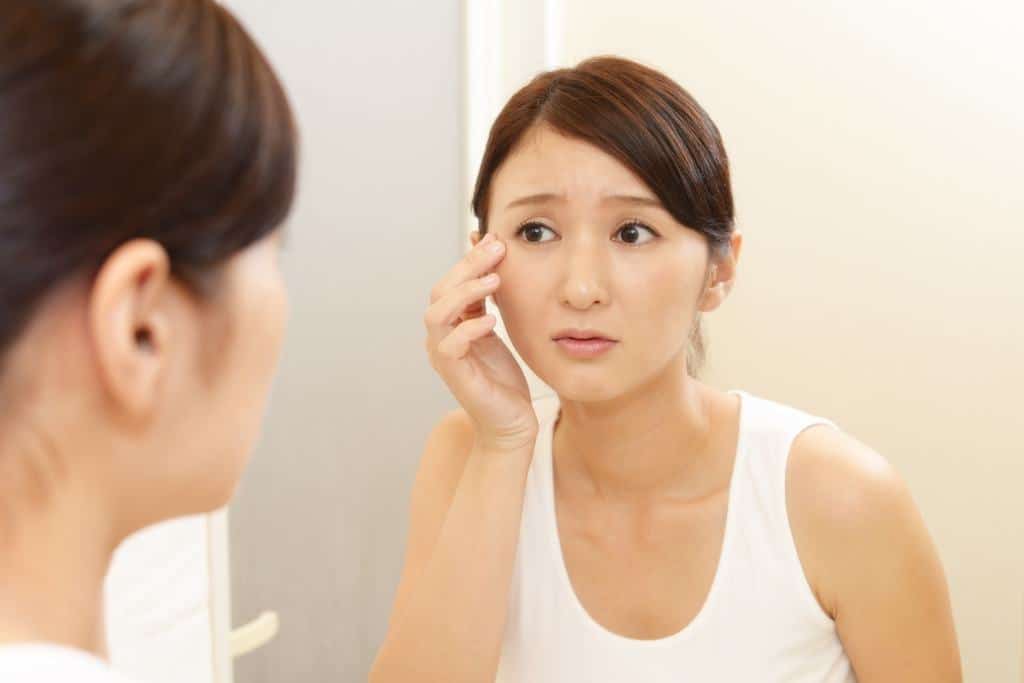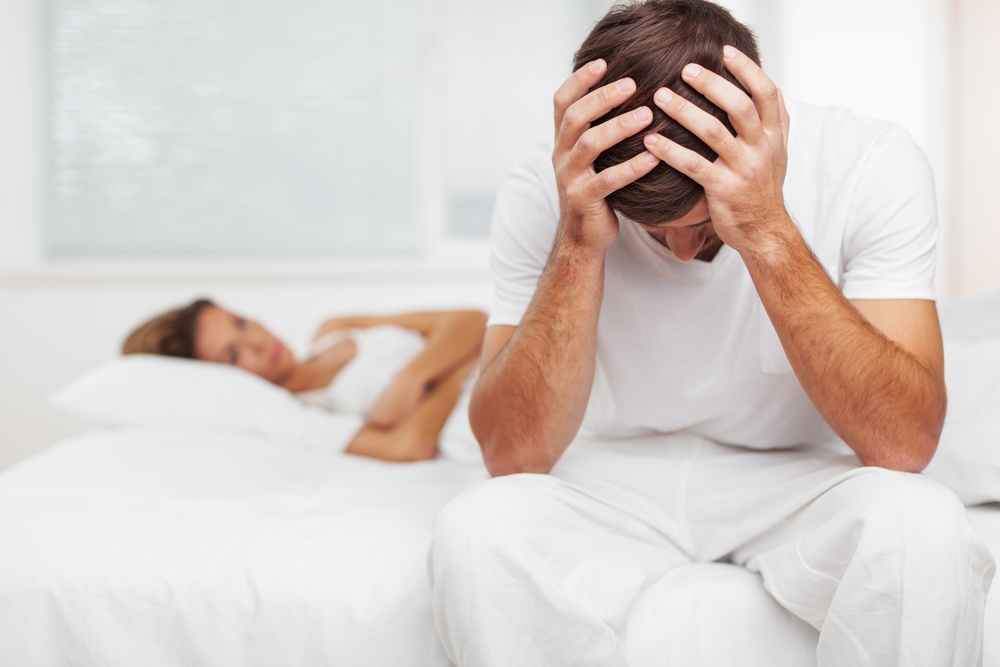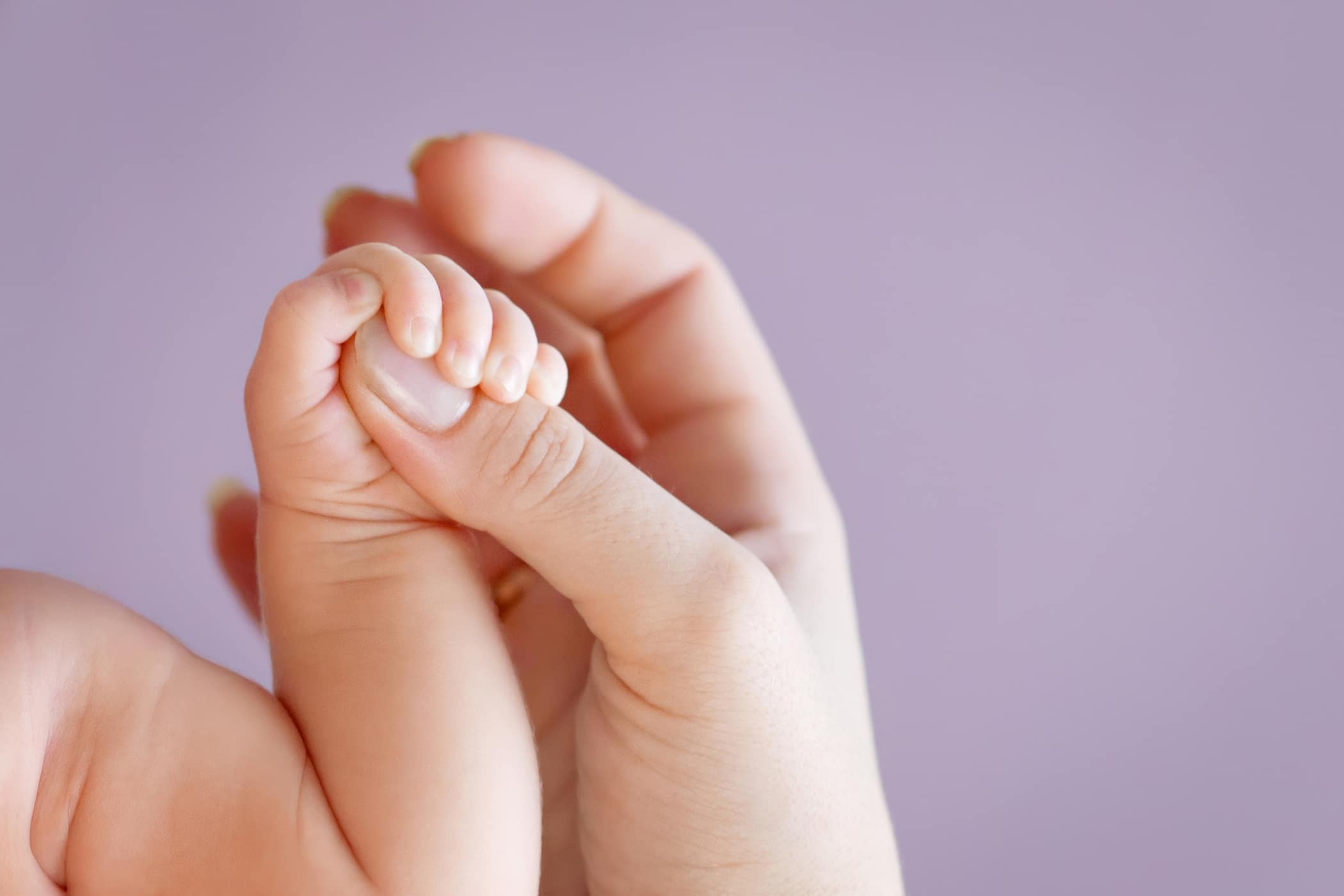Contents:
- Medical Video: What Your Acne Says about Your Health
- Changes in hormone levels
- Stressful
- Family history
- Hair and skin care products
- Drug side effects
- As a sign you are experiencing a medical condition
Medical Video: What Your Acne Says about Your Health
Who says acne is just a problem for teenagers and new puberty? In fact, many adults in their 30s, 40s and even 50s are still not free from acne problems. Why is that so?
American Academy of Dermatology (AAD) explain on the official website about some of the causes you can get back spotty after the age of 30s and above.
Changes in hormone levels
There is a hormonal imbalance that causes you to get spotty again. Research shows that women are more likely to be spotty in adulthood than men. The reason is because women experience more hormonal changes, especially when:
- Menstruation
- During pregnancy, pre-menopause, and menopause
- After stopping, starting, or changing birth control pills
Stressful
There is a connection between stress and acne, as revealed by a number of researchers. In response to stress, our body produces more androgens (a type of hormone). This hormone stimulates oil glands and hair bags on the skin, which can make you spotty. This explains why we can be spotty when under stress.
Family history
Some studies have found that some people may have genetic problems that tend to be more able to make it spotty. People who have this tendency when adults are more easily back have acne.
Hair and skin care products
If your skin type is oily and is prone to breakouts, carefully read the label on the packaging of your hair and skin care products that you bought. Make sure you see some of the points below on the package:
- Non-comedogenic
- Non-acnegenic
- Oil free
- Does not inhibit pores
Make sure moisturizer, cleanser, sunscreen, and all facial skin products that you have contain several important points above. These products have the greatest possibility of causing acne if you choose the wrong type.
Drug side effects
Acne can also be caused due to side effects of some drugs, such as drugs containing lithium, anticonvulsant drugs, and corticosteroids. If you think the drug you are taking triggers zits or makes it worse, continue using the drug, but first talk to the doctor who prescribed the drug for you.
Or, if your skin is prone to zits, try asking the doctor who prescribes the medication, whether acne can be one of the side effects. If yes, ask if you can use a different drug. If there is no other choice, you can go to a dermatologist who can help control your acne problem.
As a sign you are experiencing a medical condition
Sometimes, acne can be a symptom of a medical condition that you have, such as PCOS (polycystic ovarian syndrome), adrenal hyperplasia, and other hormonal diseases. When the medical condition is diagnosed and treated, the pimples will often disappear and be clean.
READ ALSO:
- 8 foods to prevent acne
- 10 of these lifestyle changes help you deal with acne
- Using birth control pills to treat acne is it safe?












